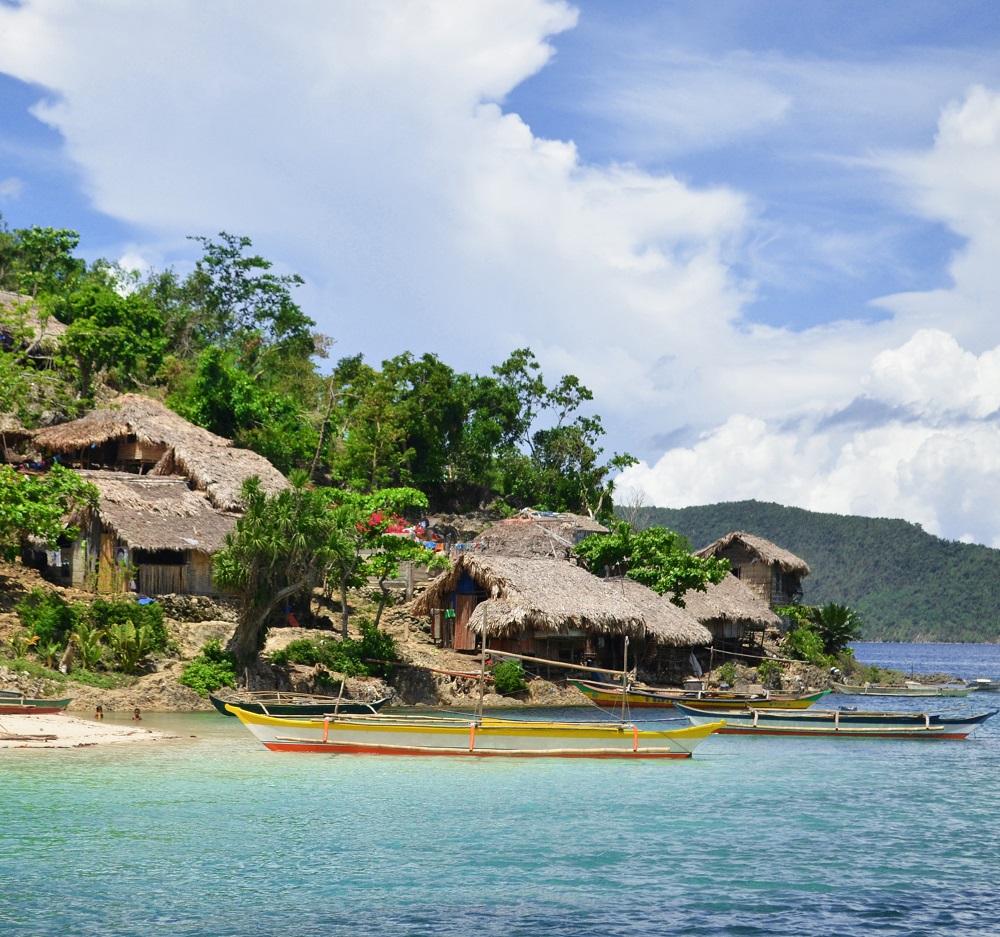Reaching out to far-flung, off-grid coastal areas, Earth Hour Village aims to improve community resilience to the impacts of climate change. The project introduces three adaptive technologies: container farming, rainwater harvesting, and solar lighting that benefit communities to sustainably access food, water, and energy.
The project currently runs in 9 villages in Guindahap, Monreal, Masbate that covers 225 households serving the needs of 1,125 people through technology transfer, skills training, and use of technology starter kits. Since June 2017, the project was able to deploy 225 container farming kits, 127 portable solar lamp systems, and 9 rainwater harvesting tanks, built by trained community volunteers.
WWF’s Earth Hour Village combines various WWF-tested technologies to provide food, water and energy for local communities,” explains WWF-Philippines President and CEO Joel Palma. Masbate’s Barangay Guindahap for instance, remains underdeveloped due to its remote location. Its people subsist mainly on fishing for food and on kerosene lamps for lighting, prompting WWF to deploy a host of measures to improve local people’s lives.
Light plays a vital role in the daily lives of people, yet over 15 million Filipinos have no regular access to electricity. WWF’s deployment of portable solar lamps are illuminating homes without the need for expensive, dirty and dangerous fuel.
As an island, Masbate lacks ample reserves of groundwater. Many residents must fetch water from wells as far as five kilometers from their homes. WWF’s rainwater harvesters allow residents to capture, store, filter and distribute rainwater – providing free, safe and clean water for households.
Like most islands, Masbate has traditionally relied on fish for protein – but what happens when fish become scarce? To augment local food supplies, WWF is teaching locals to grow food in container gardens, an excellent way to grow vegetables with minimal freshwater. Container gardening uses recycled plastic bottles as vessels for planting greens like lettuce. A 30-square meter container farm can generate upwards of 60-kilos of vegetables each month – producing food while reducing plastic waste!
For more information on Earth Hour Village, feel free to email Project Manager Ms. Toni Munar at tmunar@wwf.org.ph.

